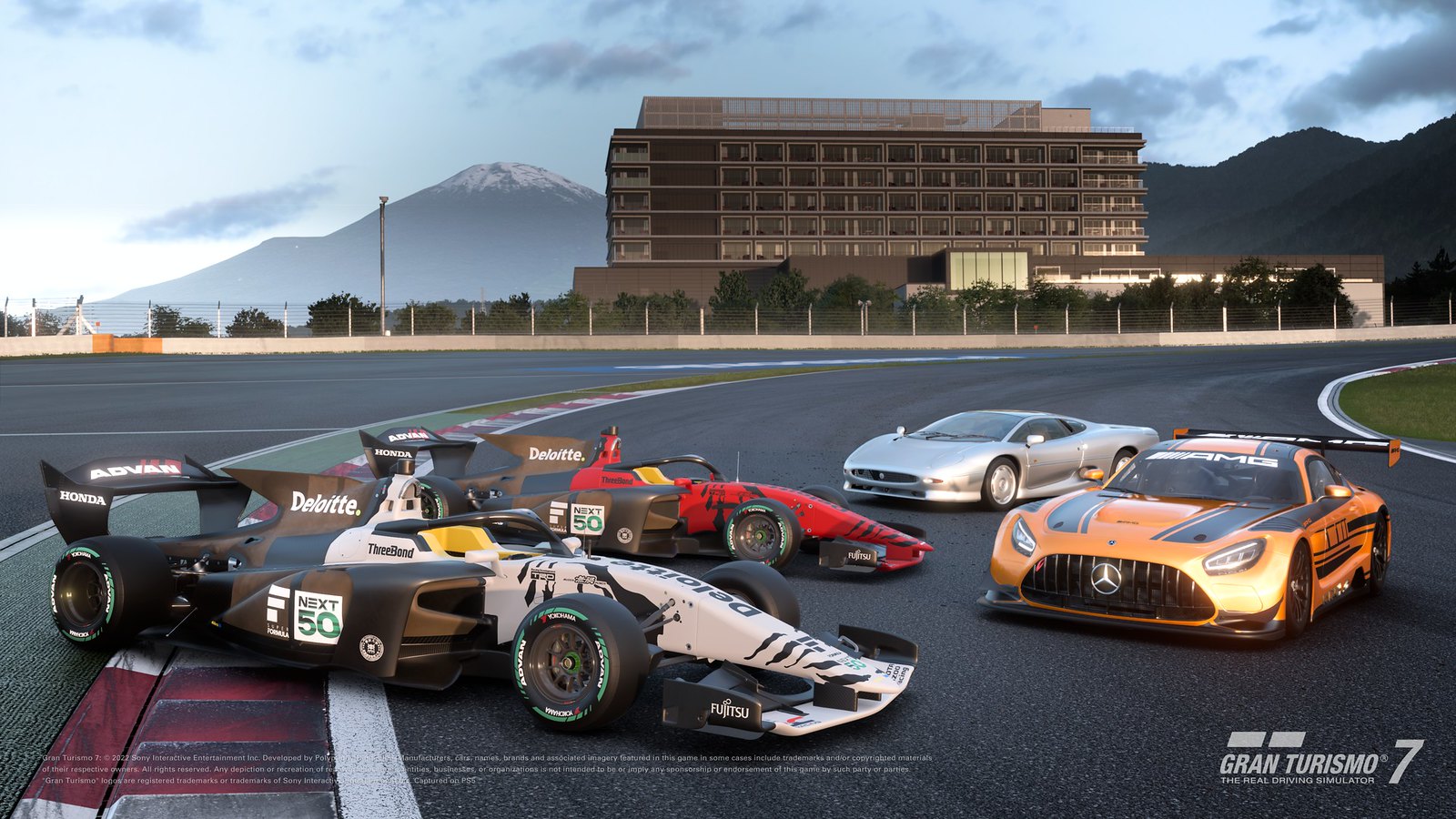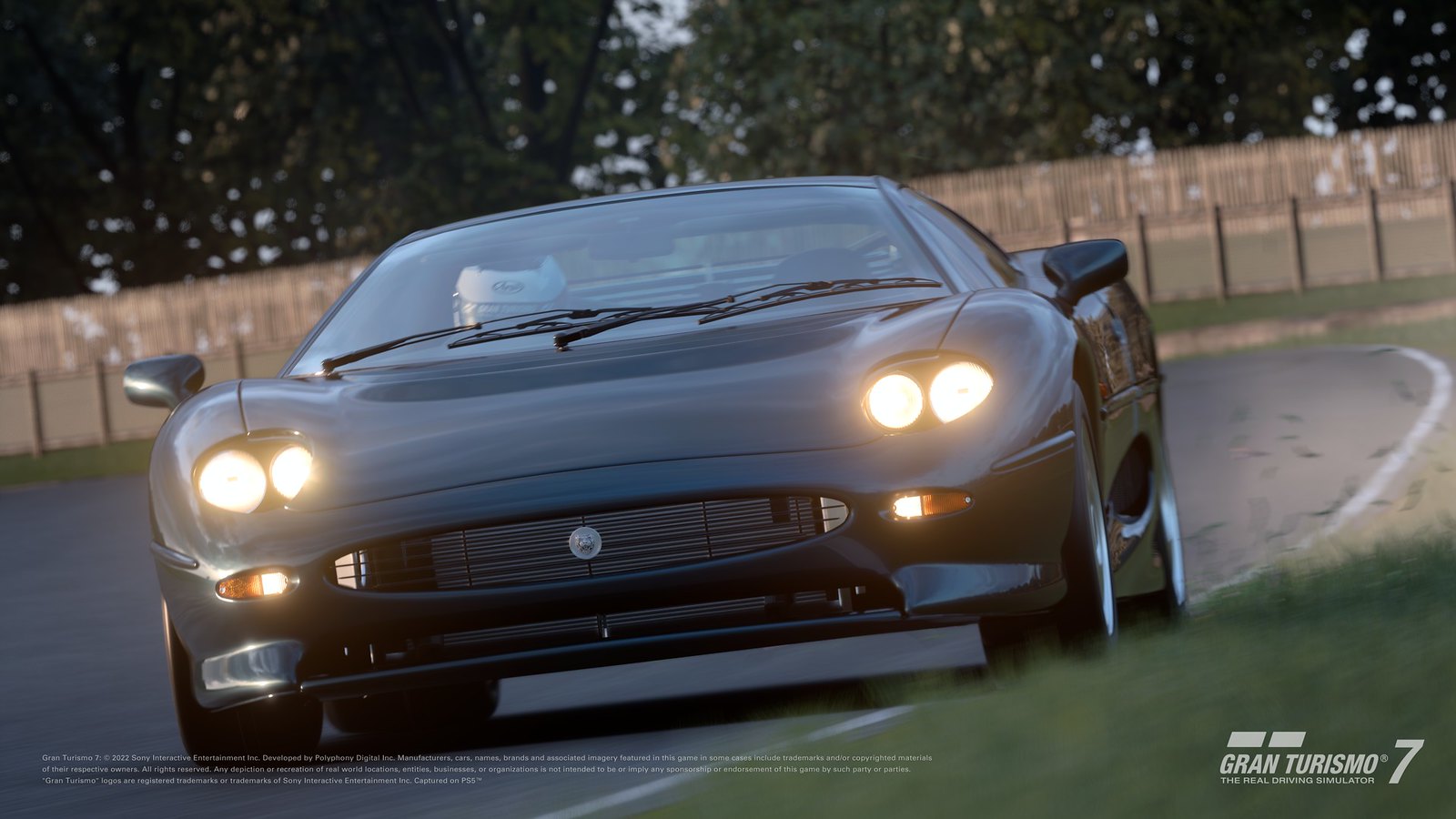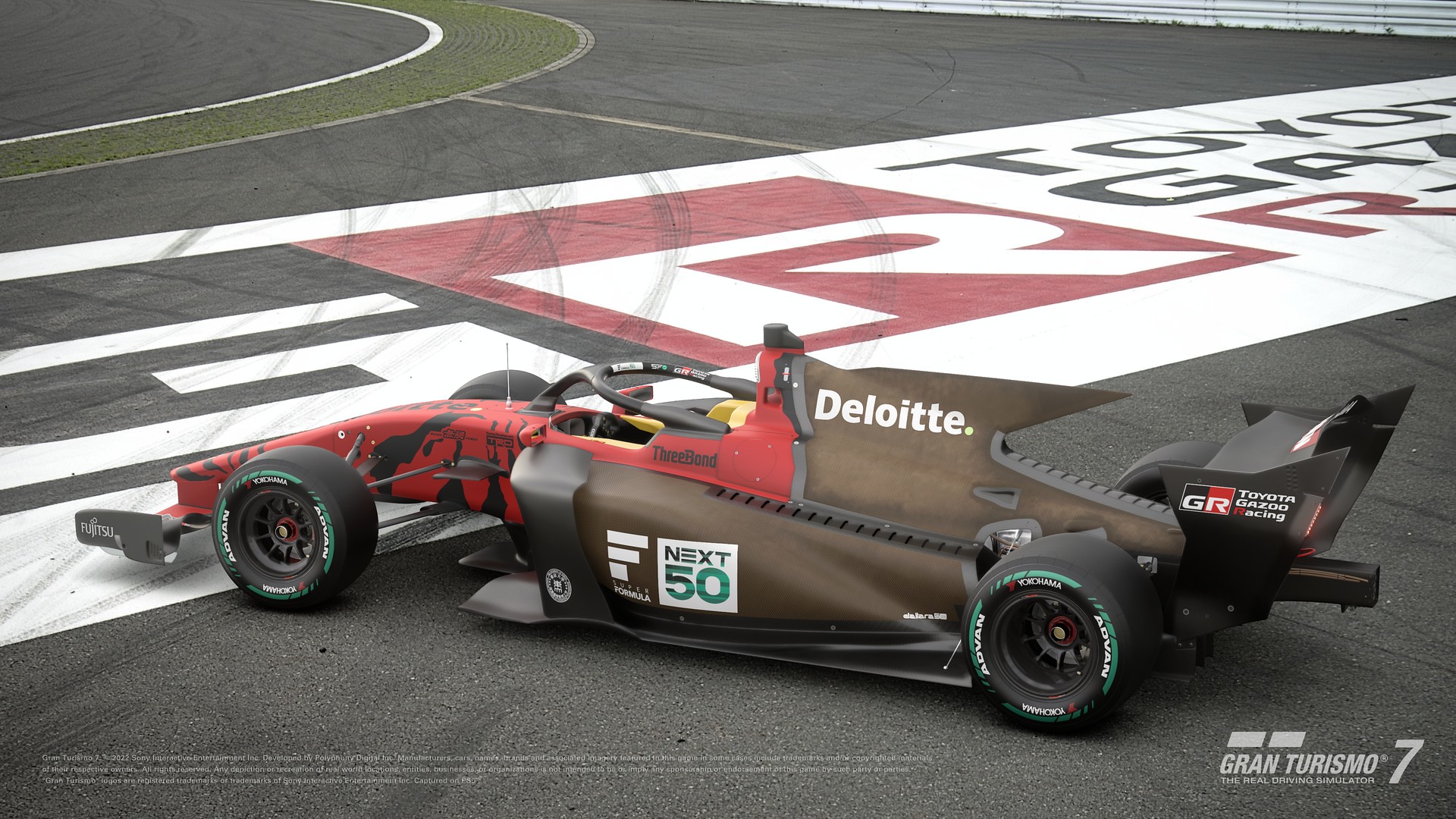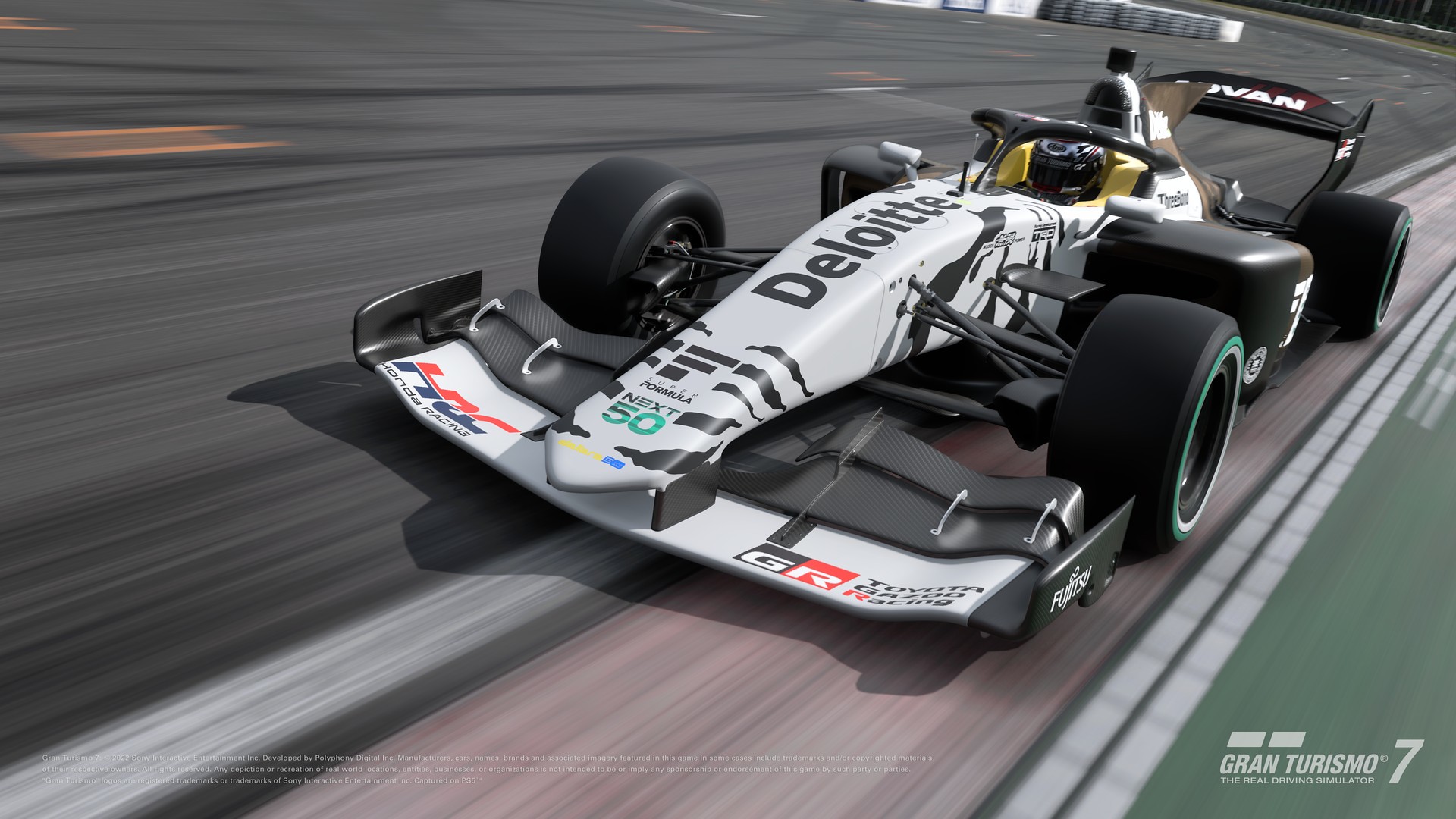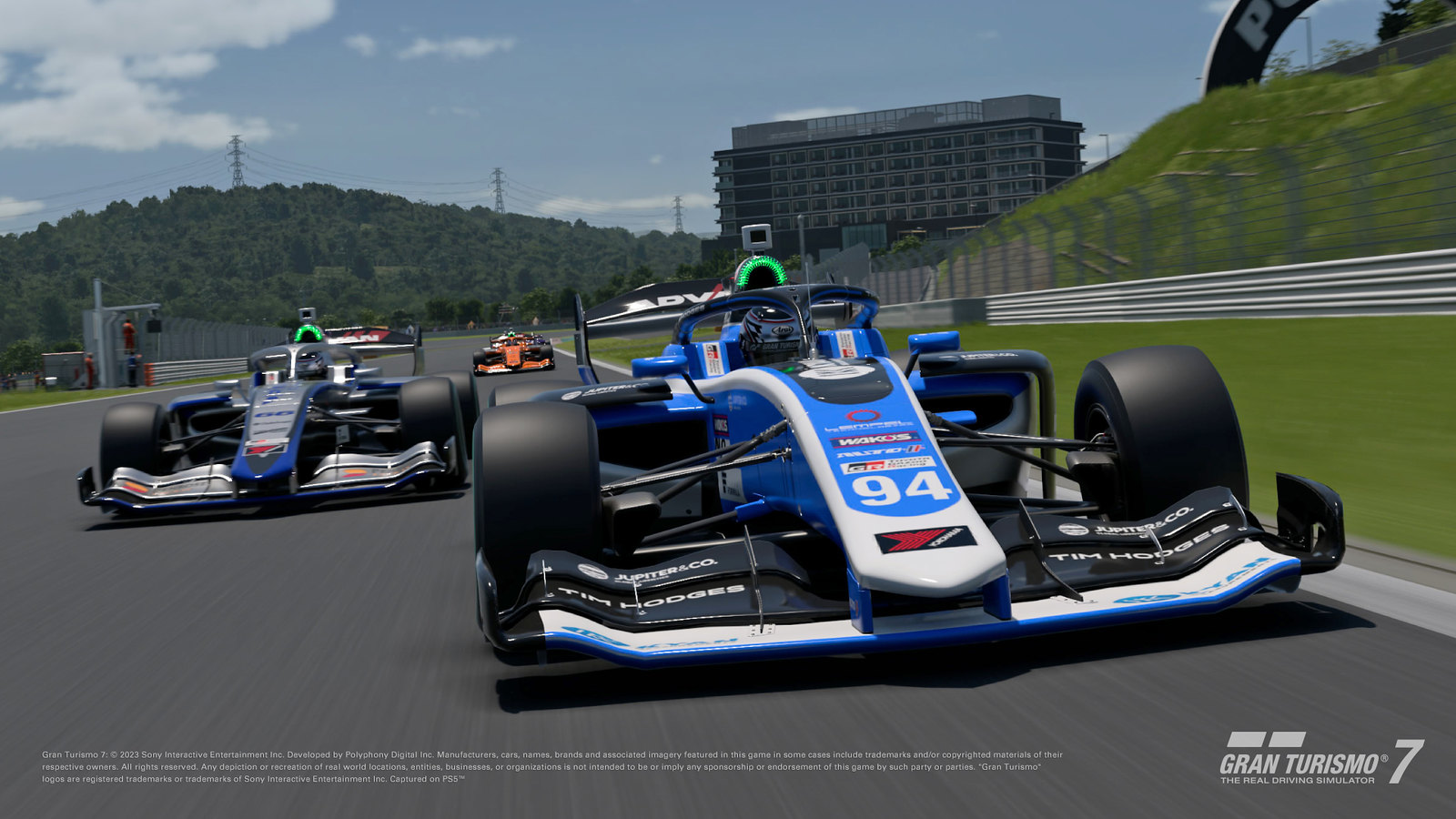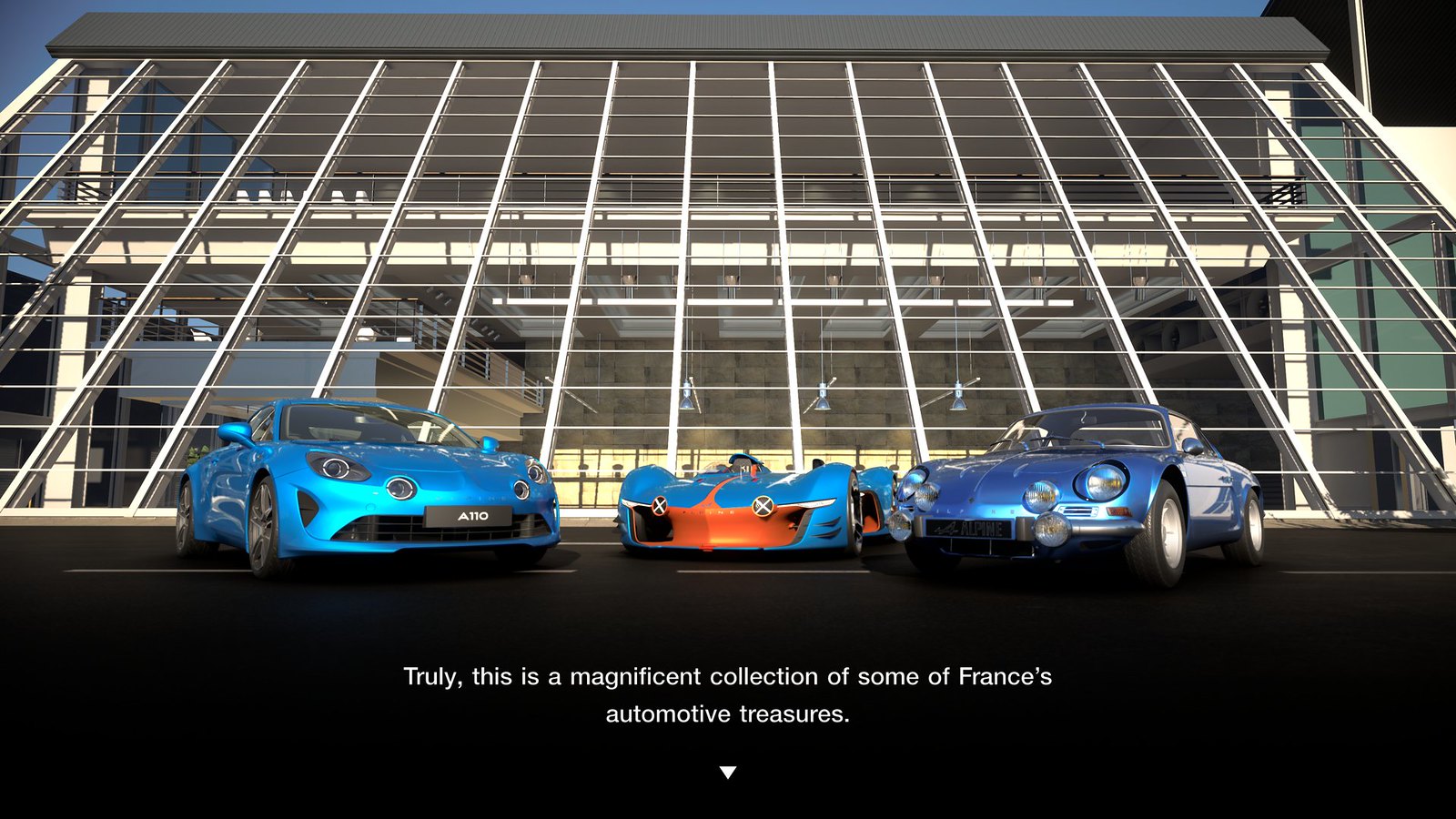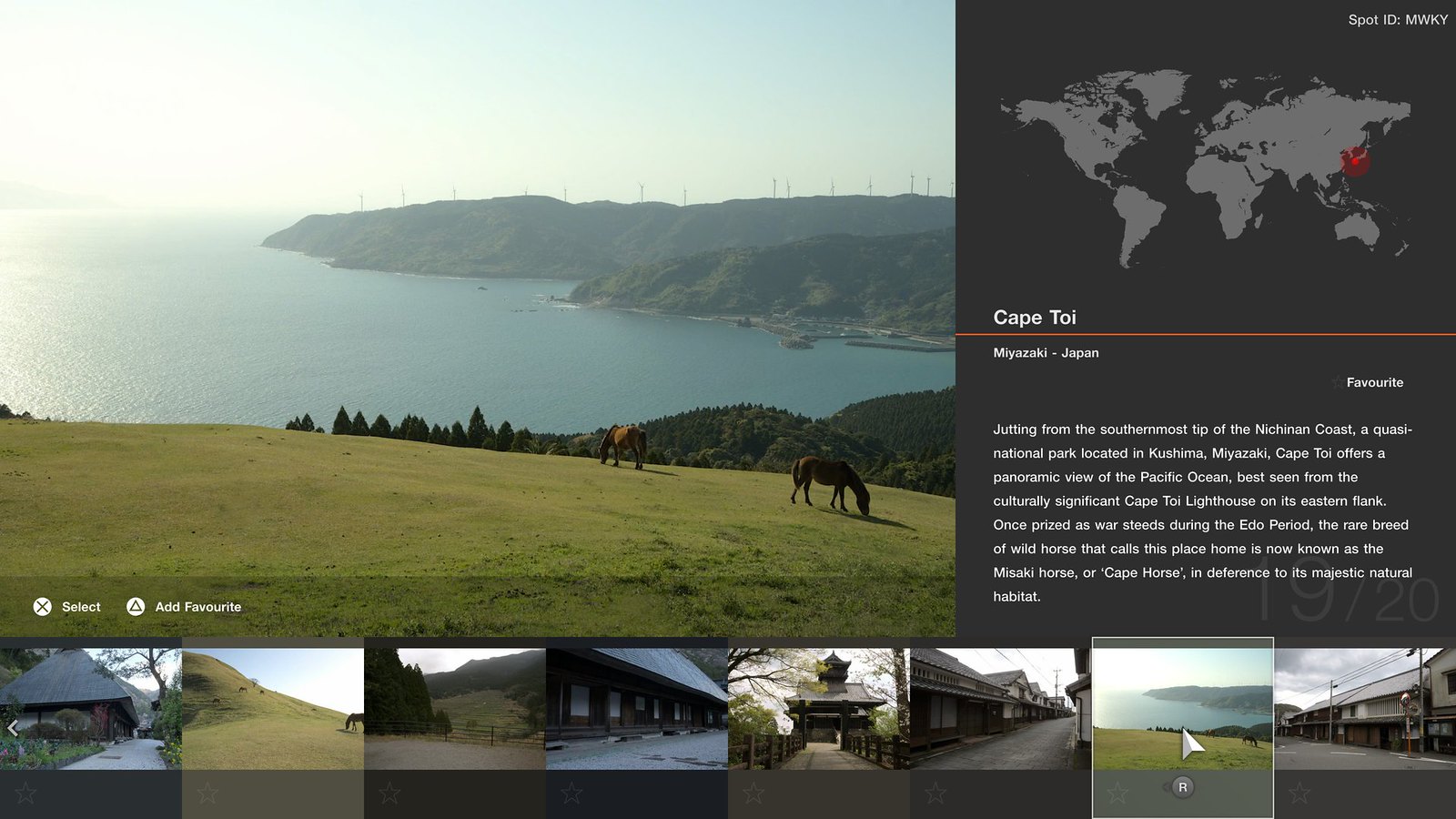Gran Turismo players! The 1.32 update for Gran Turismo 7 arrives today April 26 at 10pm PST* (April 27 at 6am GMT / 2pm JST).

Introduction of 4 new cars
Jaguar XJ220 ’92
A road-going Group C car with breath-taking bodywork.
In 1988, Jaguar showed a prototype for their super sportscar at the British International Motor Show, and in 1991 they unveiled the final vehicle at the Tokyo Motor Show in the form of the XJ220. The XJ220 received its name from its maximum speed, which was 220 mph (220 mph), the fastest ever at the time for a commercially available car. Jaguar entrusted production of the XJ220 to Jaguar Sports, a joint venture with TWR. TWR developed the Jaguar Group C car and oversaw its racing team. The prototype engine was a naturally aspirated V12, but the XJ220 that debuted in Tokyo had been given a 3.5 L V6 turbo engine of the XJR11 Group C car. The chassis was a composite aluminum honeycomb and carbon Kevlar, and basically resembles a racing car. An under panel that produces ground effect was added to the bottom of the car and again, mechanically, the XJ220 was like a road-going Group C car. Of course the interior of the car was finished with the finest materials, just like any other of Jaguar’s luxury cars. In 1993, Jaguar entered the XJ220 into the GT class of the 24 Hours of Le Mans. Taking the wheel was the team of David Coulthard, David Brabham, and John Nielsen, who safely completed the race and won in its class. One month later, however, the XJ220 was disqualified due to a violation of an exhaust regulation, and their record was stricken from the books. Later, the XJ220 was entrusted to the famous Team Chamberlain racing team, and continued to participate in GT races including the 24 Hours of Le Mans.
Mercedes-AMG GT3 ’20
An improved and more cost-effective GT3 machine.
The Mercedes-AMG GT3 is based on the Mercedes-AMG GT sports car, itself unveiled to the public at the Paris Motor Show in 2014. This FIA (Federation Internationale de l’Automobile) homologated GT3 race car appeared on the international motorsports scene in 2016. This 2020 update model was unveiled in 2019 with a focus on further reducing its running costs as a customer racing car. Improvements like a longer lifespan on the engine and better protection for the radiator through a redesigned front-end help make the high costs of running a GT3 car more affordable for privateer teams. In addition, the car’s aerodynamics were improved through the addition of a front splitter and winglets, as well as a large wing and diffuser on the rear. The designers have also tried to reduce the car’s weight by using carbon fibre in many of the parts. The lower portion of the front grille has been significantly widened, and the front and rear lights have also been updated. Though it keeps the distinctive design of the previous model, the details on the car have been updated to match the refreshed production model.
Dallara SF23 Super Formula / Toyota ’23
Dallara SF23 Super Formula / Honda ’23
The next evolution of Super Formula cars aims to bring sustainability to motorsports.
In spring 2023, Japan’s top formula racing series, Super Formula saw the debut of the new Dallara SF23 Super Formula car. The SF23 uses a number of new technologies from the ‘SUPER FORMULA NEXT 50’ motorsports sustainability project headed by Japan Race Promotion, the organizers of Super Formula. First, the body of the SF23, which is based on the SF19 introduced in 2019, uses bio-composite materials produced by the Bcomp company. This has allowed for a 75% reduction in CO2 emissions from the raw materials and construction processes while keeping the same weight and rigidity characteristics as the previous carbon fiber shell. The racing tires provided by Yokohama Rubber have also been developed for sustainability. The new tires use sustainable materials such as naturally derived polymers and recycled rubbers. And though they use 33% sustainably sourced materials, the tires achieve the same handling characteristics as before. With the Yokohama Carbon Neutral Racing Tires equipped, the car becomes the ideal of a carbon neutral racing machine as outlined in the ‘SUPER FORMULA NEXT 50’ project. To achieve another of the ‘SUPER FORMULA NEXT 50’ goals, increased entertainment value, the aerodynamics of the car have been overhauled as well. This will allow drivers more opportunity to show off their skills in close quarters racing than ever before. For the engines, as before, teams will have the choice between a Toyota or Honda powerplant.
World Circuits
Super Formula has been added as a new race to World Circuits.
GT Café – Two Extra Menus added
– Extra Menu No. 20: ‘Collection: Shelby’ (Collector Level 41 and above)
– Extra Menu No 21: ‘Collection: Alpine’ (Collector Level 35 and above)
Scapes
‘North Yorkshire’ and ‘Miyazaki’ have been added to the featured section.
*Internet connection and Gran Turismo 7 game required for update
Source: Playstation Blog
—
